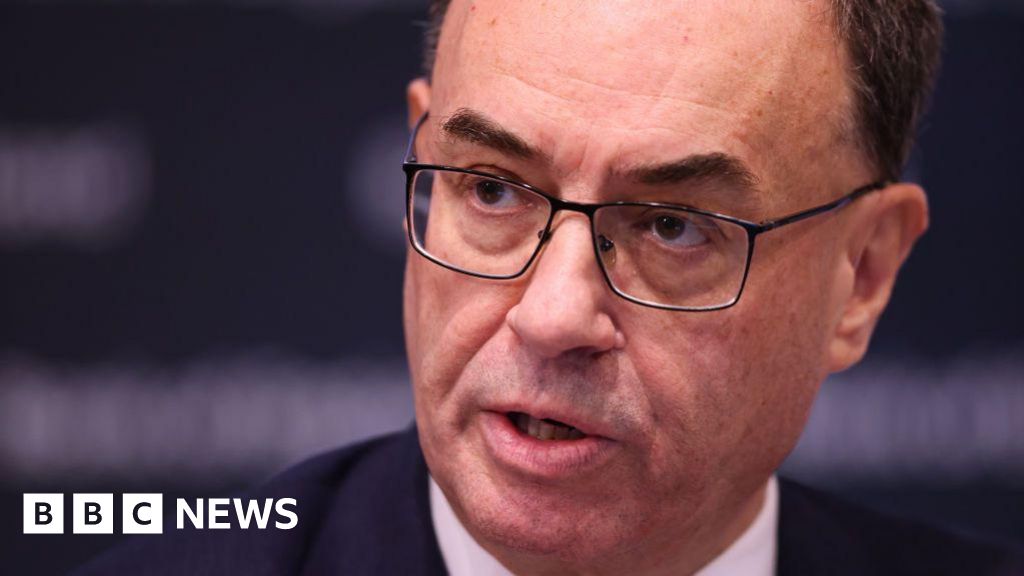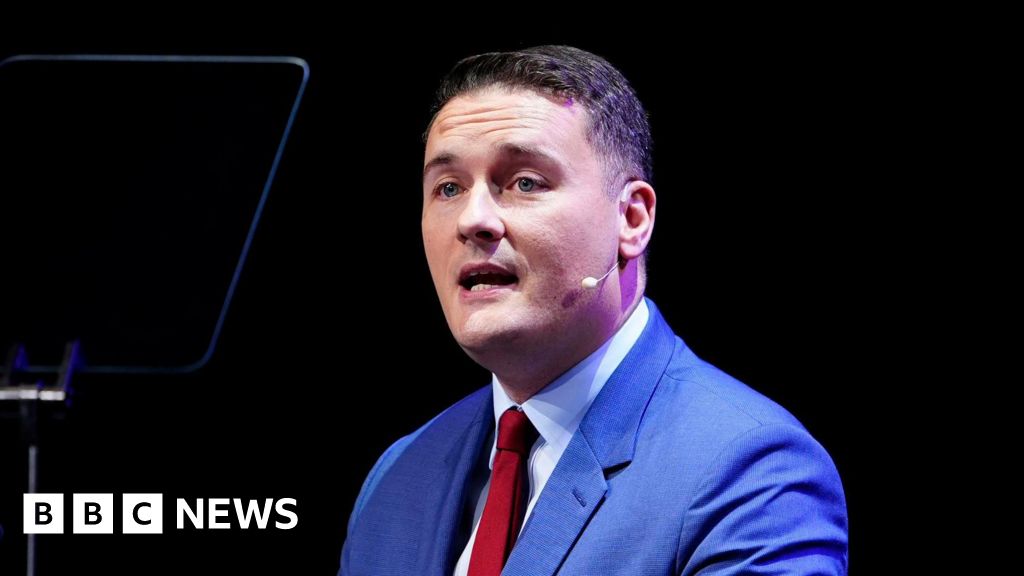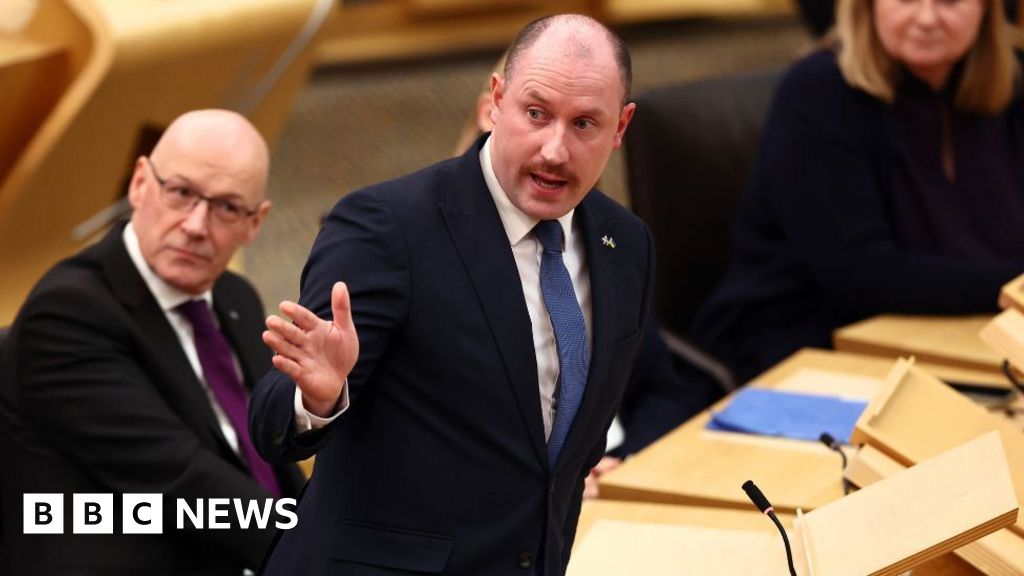ARTICLE AD BOX
Boris Johnson and Joe Biden are holding talks in the White House in Washington DC after attending the UN General Assembly in New York earlier.
The UK prime minister and US president are expected to talk about a number of topics, such as climate change and the recent submarine deal with Australia.
Ahead of the meeting, a No 10 spokesman also said the PM would "praise the fantastic state of UK-US relations".
Earlier, Mr Johnson met Vice President Kamala Harris as part of his visit.
During a joint appearance, he told reporters there had been "real progress" on post-Brexit trade deal negotiations between the two countries.
But the BBC understands the government may consider joining a trade pact with the US, Mexico and Canada instead of pursuing a separate deal with the White House.
On Tuesday, Boris Johnson downplayed the chances of securing a trade deal with the US before the next general election.
Hours later, a source familiar with the government's thinking suggested to the BBC's Laura Kuenssberg that the UK could instead negotiate entry into an existing trade arrangement between those three countries - known as the USMCA - set up after former US President Donald Trump tore up its predecessor, NAFTA.
"There are a variety of different ways to do this," the source said.
"The question is whether the US administration is ready. The ball is in the US's court. It takes two to tango."
image source, Reuters
image captionMr Johnson said there had been "real progress" on trade negotiations as he met US Vice President Kamala Harris in Washington DCThe meeting between Mr Johnson and Mr Biden is the second time they have met in person following the G7 summit in Cornwall earlier this year.
And it comes ahead of a third face-to-face meeting in Glasgow for the COP26 climate summit in November.
The event, which will see global leaders gather to discuss the issue, is seen as a crucial moment to bring climate change under control.
Earlier, Mr Biden announced the US would double its climate finance pledge and increase funding for developing countries to $11.4bn (£8.3bn) by 2024.
Mr Johnson said the US had "stepped up to the plate" with what he called a "massive contribution" towards the $100bn goal for countries to raise.

 3 years ago
31
3 years ago
31








 English (US)
English (US)